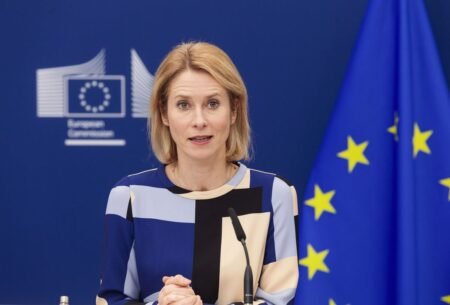The hotly contested services directive was due to be implemented in national law by 28 December 2009. This Tuesday, four months after the deadline, MEPs and members of national parliaments held a meeting in Brussels to discuss whether the EU Member States have done their duty in this regard.
The Euro-MPs concluded that progress is not good as it might be. Problems are being encountered in transposing the law and the one-stop shops do not yet offer the full range of facilities to businesses.
The directive on the liberalisation of the services market was adopted by Parliament in November 2006 after more than two years of work – and in a very different shape from the Commission’s initial draft. The aim was to unleash the potential of the internal market in the services sector, which accounts for around 70% of the EU economy. Proper application of the new rules could generate 60 to 140 million, or 1% of growth in the EU, Commissioner Michel Barnier told the audience at Tuesday’s interparliamentary hearing, organised by the EP’s Internal Market Committee. But four months after the deadline for transposition, only 21 Member States have notified the Commission that they have completed the process.
The directive requires the Member States to eliminate administrative barriers to the free movement of services. To meet this requirement, 600 national laws have been amended in the Member States so far. The task is especially difficult in federal states, as was pointed out by Herman De Croo, a Belgian federal MP and minister, and German MEP Andreas Schwab (EPP). Robert Lecou of the French National Assembly, believed the difficulties in transposing and applying the directive stemmed from the fact that its scope was too broad. “I wonder if we haven’t reached the limits of what’s reasonable”, he said. Some problems, especially the differences in transposition in different countries, could have been avoided if a regulation had been used rather than a directive, believed Cristian Silviu Busoi (ALDE, RO).
The new rules are intended to make life easier for companies wishing to provide services abroad. Electronic “one-stop shops” are supposed to enable firms to access information and complete formalities quickly. These facilities exist in 21 EU countries but some are still “first generation”: they supply the information but do not process the formalities. In addition, they are usually only available in the national language. Italian senator Stefano Pedica believes that at least two extra languages are needed if the one-stop shops are to be effective in promoting cross-border business.
Next steps
Transposing the directive is not the only thing required of Member State. Each country is expected to submit a list of proposals that discriminate against other states and to justify them on public interest grounds. Every country must also examine the discriminatory proposals of the other 26 states. This mutual assessment process, described by Evelyne Gebhardt (S&D, DE) as a “bureaucratic monster”, was a concession made by Parliament to the Council in the 2006 negotiations. Mrs Gebhardt, who was Parliament’s rapporteur at the time, is expected to take on responsibility in the near future for the drafting of a parliamentary report on progress made in transposing the directive and the impact it has had.







